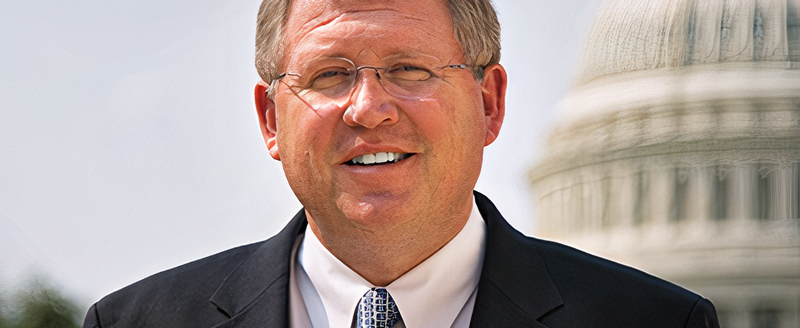Bipartisan group announces infrastructure bill agreement reached; measure still needs congressional support

President Joe Biden and a bipartisan coalition of lawmakers have forged an agreement on a package that would include $579 billion in new investments for roads and bridges, broadband internet, electric utilities and other items that are considered more traditional infrastructure.
The agreement on the Bipartisan Infrastructure Framework still needs to be considered by both houses of Congress. The plan also includes monies for clean water infrastructure and public transportation systems, and Biden says it was the largest federal investment in public transit in history and the largest federal investment in passenger rail service since the creation of Amtrak. It would also include a network of electric vehicle chargers along highways and in rural and disadvantaged communities.
The plan calls for $312 billion in transportation, $109 billion in roads and bridges, $16 billion in ports and waterways, $66 billion in passenger and freight rail and $7.5 billion in electric vehicle infrastructure. The plan also notes $73 billion would be for power infrastructure and $65 billion could be set aside for broadband infrastructure.
In a letter, Congresswoman Cindy Axne, D-IA, has asked leadership on both sides to continue investments in biofuels infrastructure because it has the immediate potential to reduce greenhouse gas emissions while supporting American jobs.
“Investments in biofuels infrastructure represents the best of all worlds as we chart a path to an energy economy that allows us to reduce carbon emissions, be less reliant on foreign energy sources, and still support our rural communities and farmers,” Axne wrote. “Biofuels have been shown to reduce greenhouse gas emissions by at least half for ethanol and upwards of eighty percent for biodiesel, all while supporting rural and agricultural communities … and as the initial details of this agreement indicate an interest in reducing emissions within our transportation and transit sectors, additional investments in biofuels should be included in order to see wider use of clean fuel and greater reduction in greenhouse gas emissions in our transportation sector.”
While Axne expressed appreciation for the progress made in reaching a bipartisan deal, she noted that she will have reservations about supporting a deal that does not provide a pathway for new investments in the biofuels sector.
“As Congress works to develop the final language on this bipartisan agreement, I will have strong reservations about supporting the legislation that reaches the House if there is not also a pathway that will support for this commonsense and bipartisan priority,” Axne wrote.
Dave Bergmeier can be reached at 620-227-1822 or [email protected].



